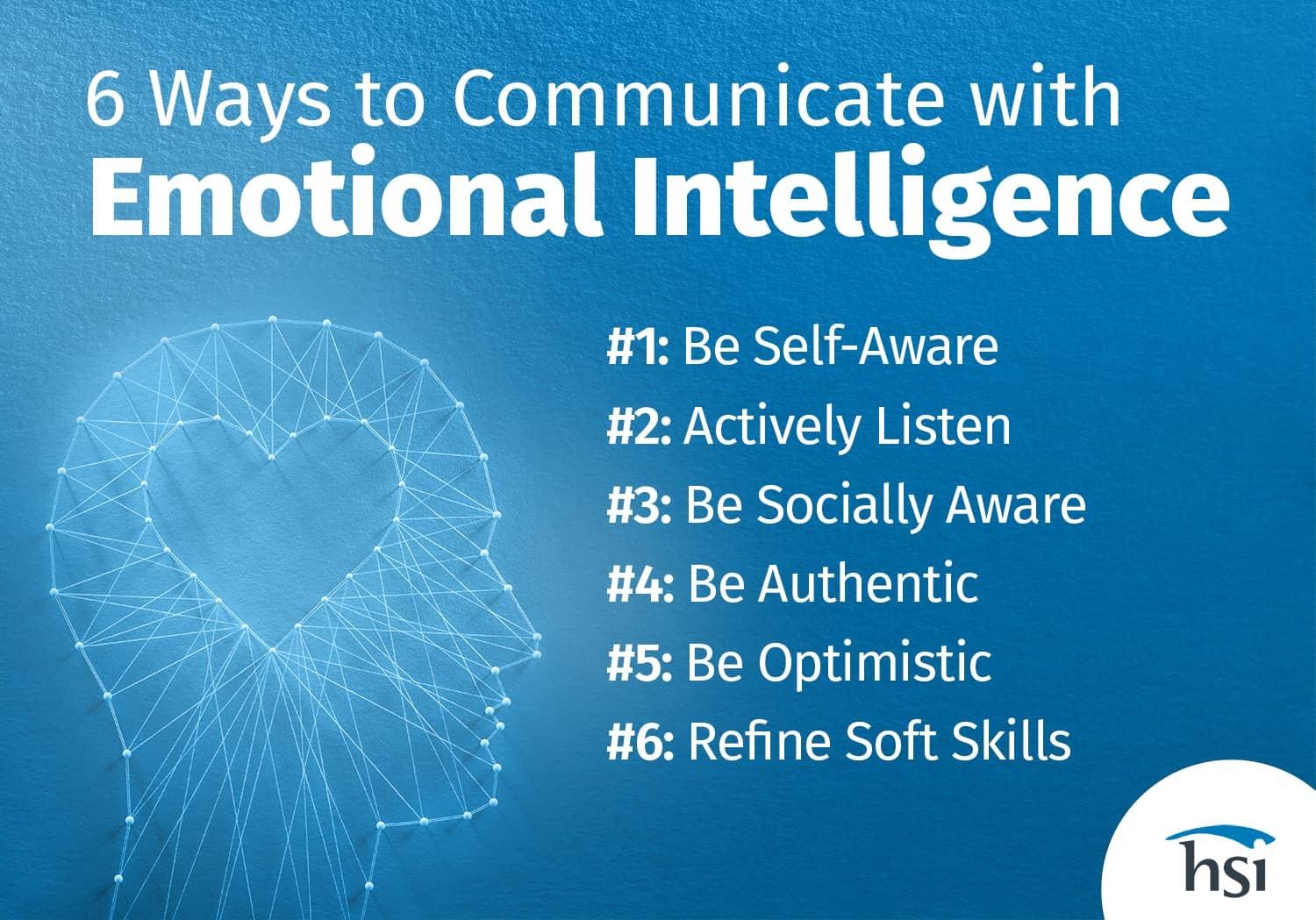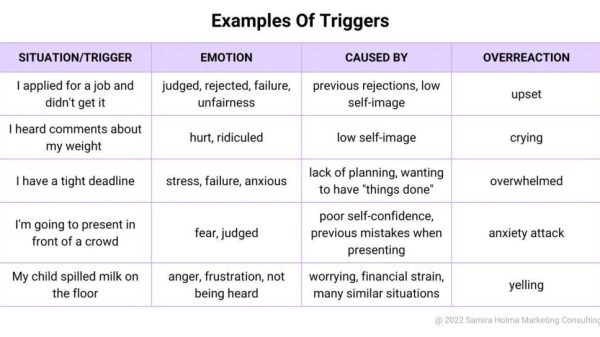In the intricate tapestry of human connection, emotional availability weaves the threads that bind us closer to one another. It is the silent language spoken through a comforting embrace, the understanding nod in moments of vulnerability, and the unwavering presence during life’s tumultuous storms. While often overshadowed by more tangible expressions of love, emotional availability is the invisible glue that holds relationships together, allowing them to flourish in authenticity and resilience. As we delve into the depths of this essential yet elusive quality, we uncover its profound impact on the dynamics of our interactions, shedding light on why nurturing emotional availability is paramount for cultivating meaningful and enduring bonds.
Understanding Emotional Availability as the Foundation of Healthy Connections
Emotional availability is often the silent heartbeat of any thriving relationship. It involves being present, open, and responsive to the emotional needs of your partner. When both parties are emotionally available, it creates a safe space for genuine connection and mutual understanding. This foundation is not just about being there physically but also about actively engaging in each other’s emotional landscapes. Partners who are emotionally available tend to communicate more effectively, empathize deeply, and support each other unconditionally.
- Presence: Being truly present in the moment, listening actively without distractions.
- Openness: Willingness to share thoughts, feelings, and vulnerabilities.
- Responsiveness: Reacting to your partner’s emotional cues with empathy and understanding.
- Consistency: Providing a stable and reliable emotional presence.
These elements work together to nurture a bond that can withstand life’s inevitable challenges. While it may require effort and practice, cultivating emotional availability is a rewarding endeavor that enhances the quality and depth of your relationships.

Recognizing the Signs of Emotional Unavailability in Partners
In the journey of love, it’s crucial to identify the subtle hints of a partner who may be emotionally unavailable. This awareness can spare both parties from potential heartache and miscommunication. Emotional unavailability often manifests through behaviors that create distance rather than closeness. Partners who are emotionally detached might struggle with expressing their feelings or avoid deep conversations altogether. They may exhibit signs such as:
- Inconsistent communication: They might be responsive one day and distant the next, leaving you in a state of uncertainty.
- Avoidance of intimacy: Whether physical or emotional, they may shy away from situations that require vulnerability.
- Reluctance to commit: Their hesitation to make future plans or discuss long-term goals could signal a deeper reluctance to engage emotionally.
Recognizing these signs is not about casting blame but about fostering a relationship built on mutual understanding and emotional depth. It’s important to approach these observations with empathy and a willingness to communicate, ensuring that both partners can navigate their emotional landscapes together.

Cultivating Emotional Presence: Strategies for Personal Growth
In the realm of personal connections, being emotionally available stands as a cornerstone for nurturing meaningful and lasting relationships. This emotional presence allows individuals to engage authentically, fostering a space where both partners feel seen and understood. It involves more than just listening; it requires a deep commitment to understanding and validating each other’s feelings. By embracing emotional availability, individuals can cultivate a profound sense of intimacy and trust, ultimately leading to more fulfilling connections.
- Active Listening: Practice truly hearing what your partner is saying, without planning your response while they are speaking.
- Express Vulnerability: Share your own emotions openly to encourage a reciprocal environment of trust.
- Be Present: Focus on being mentally and emotionally available during interactions, setting aside distractions.
- Empathy: Strive to understand your partner’s perspective, validating their experiences and emotions.

Fostering Deeper Bonds through Emotional Communication
Emotional communication serves as the lifeline of any thriving relationship, acting as the bridge that connects hearts and minds. To foster deeper bonds, it is crucial to engage in dialogues that are not only heard but felt. This involves practicing active listening, where one truly immerses themselves in their partner’s words and emotions, and responds with empathy and understanding. Creating a safe space for emotional expression allows partners to be vulnerable, nurturing a foundation of trust and intimacy. When both individuals feel free to share their innermost thoughts and feelings, it paves the way for a connection that is both profound and resilient.
- Active Listening: Pay full attention to your partner’s words and emotions.
- Empathy: Respond with understanding and compassion.
- Safe Space: Encourage vulnerability by ensuring a non-judgmental environment.
Incorporating these elements into daily interactions not only strengthens the emotional ties between partners but also equips them to navigate the inevitable challenges that arise. By being emotionally available, individuals can transform the quality of their relationships, turning them into sanctuaries of support and mutual growth.








